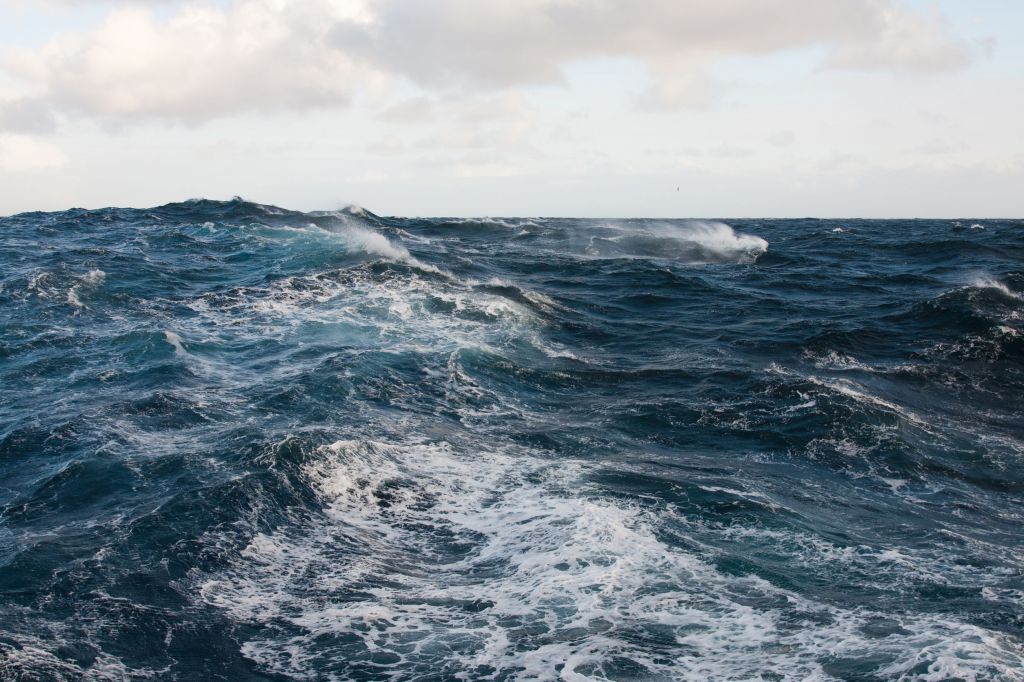How Climate Change Is Impacting Our Oceans

The ocean, spanning up to seventy percent of Earth, is the reason why all breathing organisms are still here today. It regulates global temperatures, absorbs carbon dioxide, and produces more than half of the oxygen we breathe. Yet, climate change and human activity are putting enormous stress on this life-giving resource. The effects of global warming on oceans are severe, threatening ecosystems, marine species, and even the future of mankind.
So, how does climate change affect the ocean? Let’s dive deeper.
Coral Reefs and the Threat of Ocean Acidification
One of the clearest signs of ocean stress is the rapid decline of coral reefs. These vibrant ecosystems, often called the “rainforests of the sea,” are home to hundreds of thousands of marine species. When ocean temperatures rise, corals expel the algae living within their tissues — turning them white in a process known as coral bleaching. Without algae, corals lose their primary food source and struggle to survive.
Compounding the problem is ocean acidification. The ocean naturally absorbs carbon dioxide, but as greenhouse gas emissions rise, it is absorbing more than ever before. This excess CO₂ changes the chemistry of seawater, making it more acidic. Acidification weakens coral skeletons and disrupts the balance of marine ecosystems. Plastic pollution and other toxins only accelerate this breakdown, further threatening coral survival.
If coral reefs vanish, the cascading effect will be devastating — countless fish and invertebrates will lose their homes, coastal communities will lose natural storm barriers, and humans will lose a vital source of food and biodiversity.
Rising Sea Levels and Shifting Habitats
Another alarming consequence of climate change is rising sea levels. Melting glaciers and ice sheets, combined with the expansion of seawater as it warms, are driving sea levels higher each year.
This has far-reaching consequences:
- Wetlands drowning: Coastal wetlands, critical habitats for fish, birds, and marine species, are at risk of disappearing.
- Coral reefs at risk: Corals depend on shallow sunlight to photosynthesize. Higher sea levels can drown them, cutting off their energy supply.
- Displaced marine life: Many fish are migrating to cooler waters as their habitats change. This disrupts ecosystems and creates poor fishing conditions, threatening both marine predators and human communities that rely on fish for sustenance.
For mainland animals and coastal populations, this loss of fish means hunger, economic hardship, and ecological imbalance.
The Ocean’s Role in Regulating Climate
The ocean isn’t just a victim of climate change — it’s also a regulator of the planet’s climate. By absorbing heat and carbon dioxide, it acts as a buffer against extreme global warming. But there are limits. As the ocean warms and becomes more acidic, its ability to absorb CO₂ weakens.
This leads us to a critical question: how does the ocean affect climate change? The answer lies in this feedback loop. As oceans lose their ability to store carbon, more greenhouse gases stay in the atmosphere, intensifying global warming. That warming further heats the ocean, creating a vicious cycle with dangerous consequences for all life on Earth.
Why Climate Change Matters to Human Life
Climate change may feel abstract, but its ocean impacts ripple into everyday human life:
- Food Security: Billions of people depend on fish and marine resources for protein. As fish populations shift, communities risk shortages.
- Coastal Protection: Coral reefs and wetlands serve as natural barriers against storms and flooding. Their loss leaves coastal areas more vulnerable.
- Economic Stability: Tourism, fishing, and recreation industries rely heavily on healthy oceans. Declines in biodiversity put these sectors at risk.
This is why the conversation about climate change and the ocean must remain at the forefront of environmental efforts. When the ocean suffers, humanity suffers too.
How We Can Help Protect Our Oceans
Every little thing helps. While climate change is a global challenge, individuals can make meaningful contributions:
- Reduce plastic use by carrying reusable bottles, bags, and utensils.
- Support sustainable seafood to prevent overfishing.
- Cut carbon emissions by walking, biking, or carpooling.
- Participate in local beach cleanups to prevent debris from entering the ocean.
- Support eco-friendly businesses that prioritize conservation and sustainable boating practices.
Even small, conscious choices add up and create a ripple effect of positive change.
Whale Watching At Next Level Sailing: Connecting With the Ocean
One of the most impactful ways to foster ocean awareness is to experience it firsthand. Whale watching in San Diego offers a unique opportunity to see majestic marine mammals in their natural habitat. From humpbacks breaching to gray whales on their migration, these encounters remind us of the ocean’s incredible biodiversity — and the urgent need to protect it.
Aboard the Yacht America, guests not only enjoy breathtaking views but also learn about marine conservation and sustainable boating. Unlike many fuel-heavy vessels, the America relies primarily on wind power, making it a model of eco-conscious adventure. By choosing such experiences, we support businesses that balance education, recreation, and sustainability.

How You Can Make a Difference
The ocean is our planet’s beating heart, vital to the survival of every living being. Climate change is pushing it toward crisis, but we are not powerless. Through awareness, advocacy, and sustainable choices, we can protect our oceans for future generations.
Whether it’s reducing your plastic footprint, advocating for clean energy, or joining a whale watching tour that prioritizes eco-friendly practices, every step counts. Together, we can ensure that the ocean continues to inspire, protect, and sustain us all.


